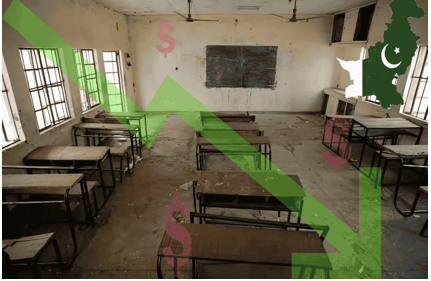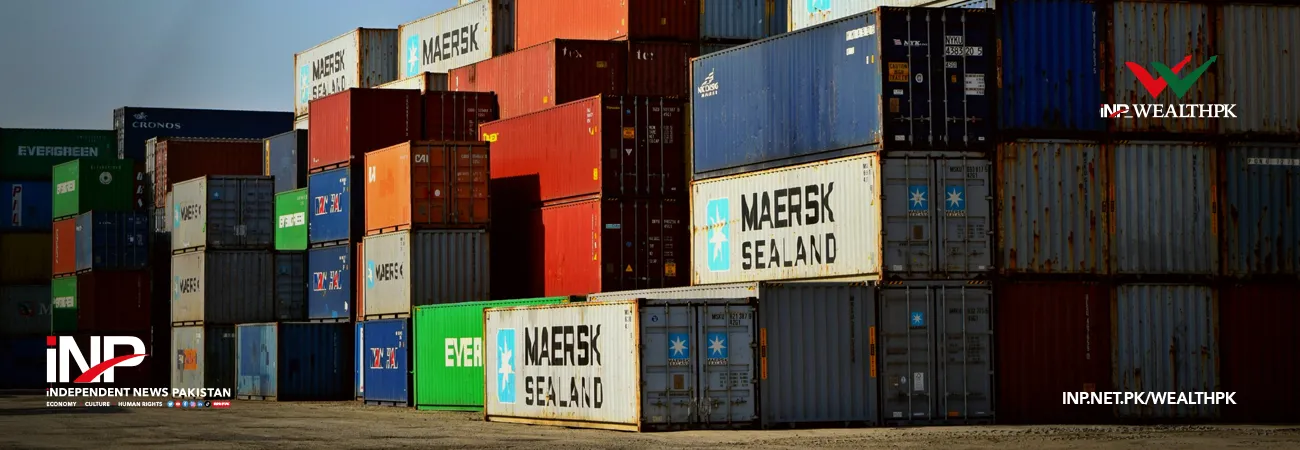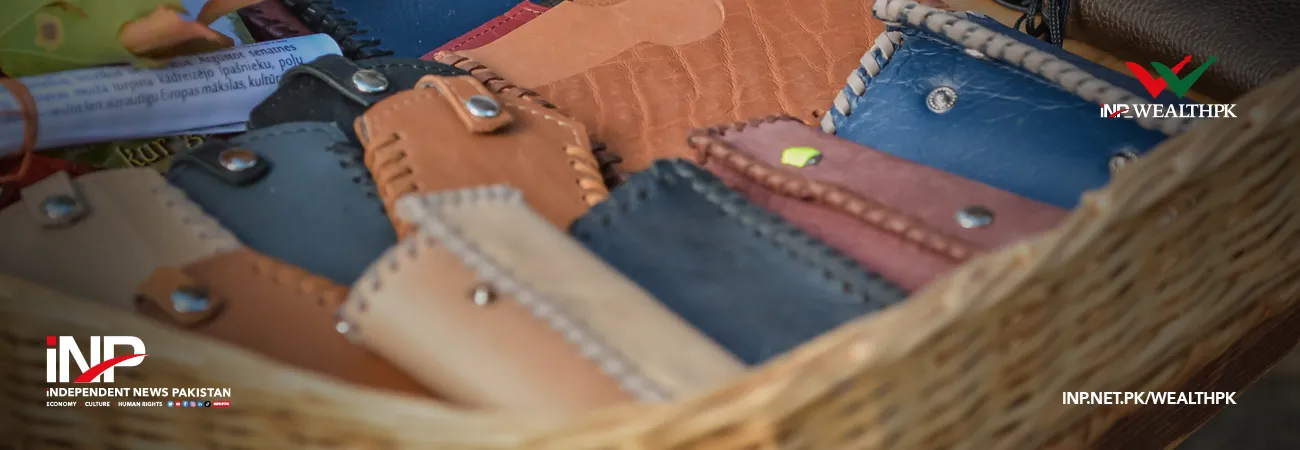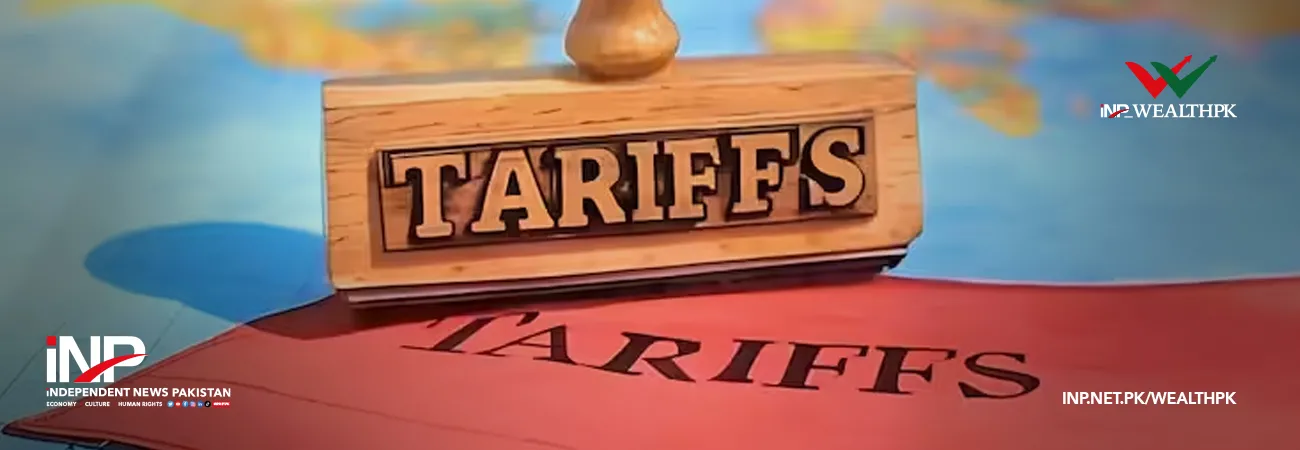آئی این پی ویلتھ پی کے
Muhammad Saleem
Pakistan continues to lag in terms of economic growth due to its poor educational infrastructure, producing a low-productivity workforce.

Talking to WealthPK, Salamat Ali, an exporter, said scores of vocational and training institutions in Punjab enroll students every year but their curricula and facilities are not aligned with the industry’s needs. Owing to the poor infrastructure and unskilled graduates, businesses still have to advertise to fill the vacant slots. He urged the rulers to improve the infrastructure of educational institutions, keeping in mind the emerging challenges.
“If our institutions fail to adapt to the evolving economic and technological landscape, our economy will face a severe shortage of skilled labour,” he warned. “How a graduate raised in a weak educational institution can develop critical thinking, communication, or technical skills? When such graduates enter the job market, they have to struggle a lot to meet the expectations of their employers. These graduates often take longer to learn on the job or perform at lower levels,” he said.
“In today’s competitive environment, entrepreneurs cannot afford a low-productivity workforce, causing their businesses to suffer in multiple ways. Reports show that Pakistan is losing billions due to the learning poverty,” he said. Muhammad Ashraf, a faculty member at Government College University, Faisalabad, told WealthPK that weak education is not just an institutional level issue but an economic crisis.
He explained that the students produced by the institutions with poor educational infrastructure often lack the ability to develop critical and analytical thinking. “If we are sincere about fixing Pakistan’s economy, we must first address the problems in our classrooms and education system. Without addressing these issues, our youth will keep struggling, and our industries will keep suffering.
This situation will ultimately keep our nation behind other nations,” Ashraf said. He pointed out that even universities are largely imparting theoretical knowledge, sending students into the job market without equipping them with the crucial practical skills.
The economy cannot be put on the fast track without hands-on training and timely solutions to the real-world challenges. Talking to WealthPK, Tariq Mehmood, an ex-employee of Faisalabad Electric Supply Company, said after retirement, he started working at a paper factory as an electrical supervisor.
“Every day, two to three young men come to the factory seeking employment. To my observation, most of them lack practical knowledge. I often ask them to operate the boiler and explain how it works and how they would fix its routine issues, but most of them aren’t even familiar with the basic functions of a boiler despite holding modern technical degrees," he said.
Muhammad Nasir, a college teacher, said weak educational infrastructure is severely affecting the country, as many schools and colleges still lack basic facilities. One can see that numerous institutions, especially in rural areas, do not have proper classrooms, toilets, clean drinking water, libraries, computer labs, or even electricity.
“When we fail to build a strong foundation for students at the school level, how can we expect them to perform well in practical life? This is an era of specialization, yet in some schools, a single teacher is still expected to teach multiple grades at the same time. The learning environment does not support learning, which is why our industrialists have to struggle to find skilled and trained labor,” he said.
Credit: INP-WealthPk











